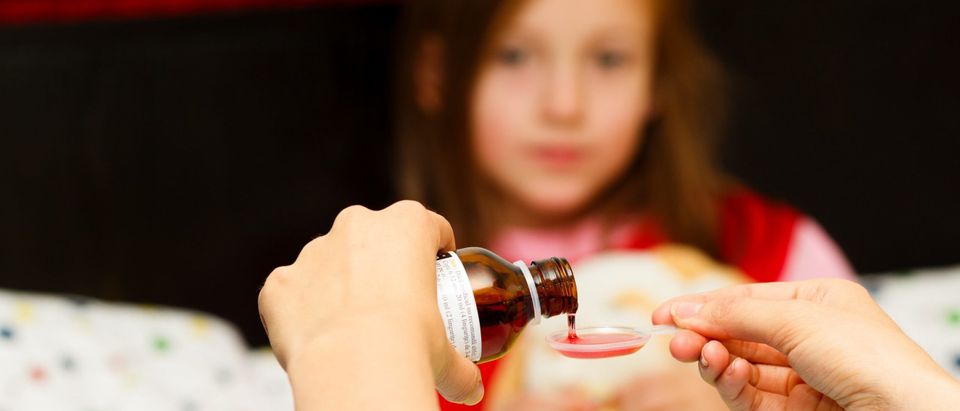The World Health Organization (WHO) issued a global alert, Wednesday, after four cough syrups were potentially linked to 66 child deaths in The Gambia.
The WHO alert lists Promethazine Oral Solution, Kofexmalin Baby Cough Syrup, Makoff Baby Cough Syrup and Magrip N Cold Syrup, manufactured by Maiden Pharmaceuticals Ltd. which is based in Haryana, India. Maiden Pharmaceuticals has yet to provide any guarantee on the safety and quality of its products to WHO.
Lab testing showed that all four products “contain unacceptable amounts of diethylene glycol and ethylene glycol as contaminants,” WHO continued. Though the products have only been identified in The Gambia, they may have been distributed through informal markets to other countries and regions.
A nationwide exercise is underway to recall the contaminated products. #Recall #Alert Medical Product Alert N°6/2022: Substandard (contaminated) paediatric medicines https://t.co/gRaZyc0UGS
— WHO Gambia (@WHOGAMBIA) October 5, 2022
The medication has been “potentially linked with acute kidney injuries and 66 deaths among children,” the BBC reported. The Gambian Government has suspended all use of all paracetamol-based syrups and told individuals to use tablets instead after medical authorities in the popular tourist destination detected an increase in acute kidney injury among children aged 5 and under, the outlet continued.
“Over the last week, we admitted a child with this condition (acute kidney injury) … and she has unfortunately died. We were able to confirm that she had taken one of the drugs that is suspected to be causing this, prior to her arrival at our clinic. It had been bought at a pharmacy within The Gambia,” the nation’s Medical Research Council said in a statement reported by ABC News. (RELATED: REPORT: Strange New Virus With High Fatality Rate In China Has Infected 35 People)
Although the WHO said India’s Central Drugs Standard Control Organization found that Maiden had only supplied the contaminated medication to The Gambia, the agency issued a “global exposure” alert. The Maiden Pharmaceuticals website was offline when The Daily Caller attempted to contact the company prior to publication.


